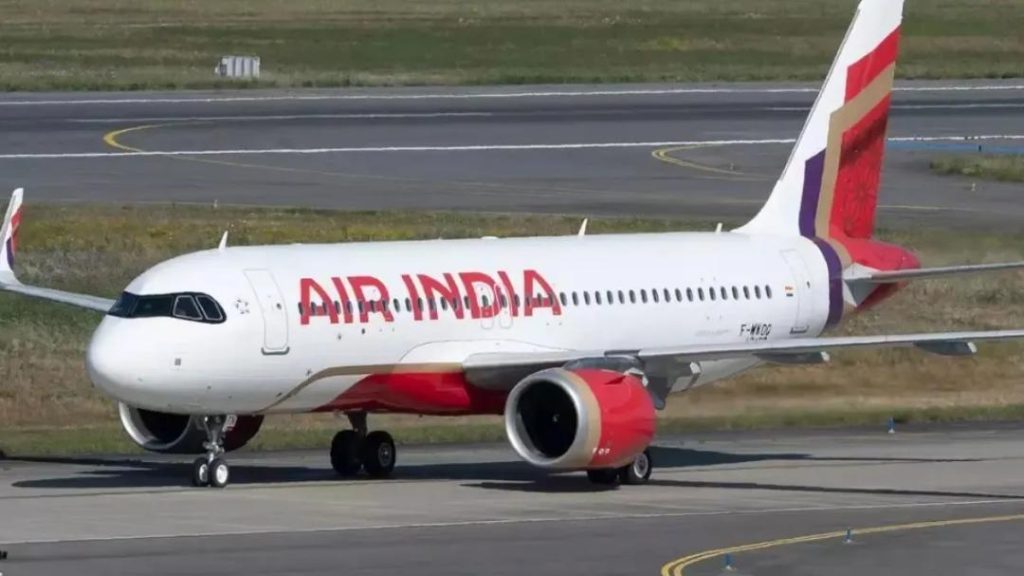
Maybe Privatisation Doesn’t Help: Odisha MLA on Air India
The debate surrounding the effectiveness of privatisation has been a contentious issue for years, with proponents arguing that it leads to increased efficiency and better services, while detractors claim that it results in a loss of public control and a focus on profit over people. Recently, the discussion has taken on a new dimension with the privatisation of Air India, India’s national carrier, to the Tata Group. However, the promised benefits of privatisation seem to have fallen short of expectations, with the airline facing criticism over its services.
Odisha MLA Kalikesh Singh Deo has joined the chorus of criticism, taking to social media to express his disappointment with the airline’s services. Deo, who was traveling from Dehradun to New Delhi, was left frustrated when his flight was delayed due to operational reasons. In a tweet, he expressed his disappointment, saying, “One thought with Tata buying Air India, there would be an improvement. However, it’s one big airline now with no customer service.”
Deo’s tweet sparked a heated debate, with many agreeing with his sentiments and sharing their own experiences of poor service from Air India. The tweet also drew attention to the wider issue of privatisation and its impact on public services. Deo’s comments were seen as a stark reminder that the benefits of privatisation are not always guaranteed and that the public can be left feeling short-changed.
Air India responded to the criticism, stating that the delay of the flight was due to operational reasons and that the airline was taking steps to improve its services. However, the incident has raised questions about the impact of privatisation on public services and whether it is the best solution for ensuring the delivery of quality services to the public.
The privatisation of Air India was seen as a major coup for the Tata Group, with many believing that the company’s reputation for quality and customer service would lead to an improvement in the airline’s services. However, the recent delay of the flight and Deo’s criticism suggest that the promised benefits of privatisation may not have been fully realised.
So, what does the privatisation of Air India mean for the future of public services in India? Does it represent a step in the right direction or a step away from the values of public service? These are questions that need to be answered as we navigate the complex landscape of privatisation and its impact on our daily lives.
The privatisation of public services is not a new phenomenon, but it has gained momentum in recent years as governments around the world seek to cut costs and increase efficiency. The idea is that private companies, driven by the pursuit of profit, will be able to deliver services more effectively and efficiently than the public sector.
However, the experience of Air India suggests that privatisation is not a silver bullet and that the benefits are not always guaranteed. The airline’s poor service record and recent delay of a flight raise questions about the company’s ability to deliver quality services to the public.
Furthermore, the privatisation of public services can lead to a loss of public control and accountability, as private companies are often more interested in making a profit than in serving the public good. This can result in a decline in the quality of services and a loss of trust in the public sector.
The experience of Air India also highlights the importance of regulation and oversight in the privatisation process. While private companies may be able to deliver services more efficiently, they also need to be held accountable for their actions. This means that governments must ensure that private companies are subject to the same level of regulation and oversight as public services, in order to protect the public interest.
In conclusion, the privatisation of Air India may not be the panacea that many had hoped for. While it has brought some benefits, such as increased investment and improved efficiency, it has also raised questions about the impact on public services and the accountability of private companies. As we move forward, it is essential that we continue to debate the merits of privatisation and its impact on our daily lives.
Sources:






